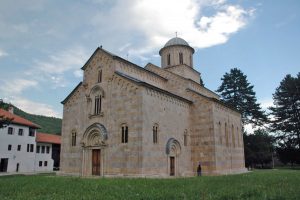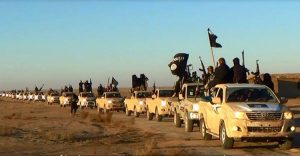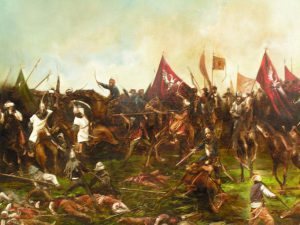Erdogan’s enormous investments in Ottoman symbolism are designed to influence the mindset of the population in Kosovo...
Ottoman
Among his numerous publications, Prof. Jacobs is the author of the chapter entitled, “Lemkin on Three Genocides:...
George Mauropoulos, "The Forgotten Genocide of the Greeks of Asia Minor", AHIF Policy Journal, American Hellenic Institute...
The narrative of an "enlightened" and generally democratic Turkey, a country that is currently in the process...
Asia Minor and Pontos Hellenic Research Center Announce new book about genocide in the Ottoman Empire on...
In recent years, some strong research has begun to emerge on the genocides against Armenians and Assyrians....
A lot has been written about Nagorno (Mountainous) Karabagh, or Artsakh; people have different opinions of it....
Article is published as: “The Serbian Patriarchate of Peć in the Ottoman Empire: The First Phase (1557−94)”,...
See who supports ISIL/ISIS/DAESH [...]
The Armenian genocide was deliberate action of systematic destruction, executions, dispossession, deportations, forced assimilation, induced famine, ethnic...
Today, Turkey is drawing an international attention because of its disputes with both the US’ and the...
A historic place of Gazimestan means to the Serbs the same as Golgotha to the Christians, and...
No serious expert would say that self-proclaimed Kosovo is financially viable without the support of the West....
Catalan independence can be good or bad - it depends on the Catalan people to make it...
When Yugoslavia collapsed at the start of 1990s, there was nothing predetermined about what followed. One possibility...
Mr. Shirinian emphasized that the new book Genocide in the Ottoman Empire is the latest tangible effort...
Turning now to Crimea, Kosovo and Catalonia, the Crimean referendum, long on its Russian population’s minds, became...
The cult’s writings upon Prince Lazar contain a number of facts relevant to the post-Kosovo Battle period...





















